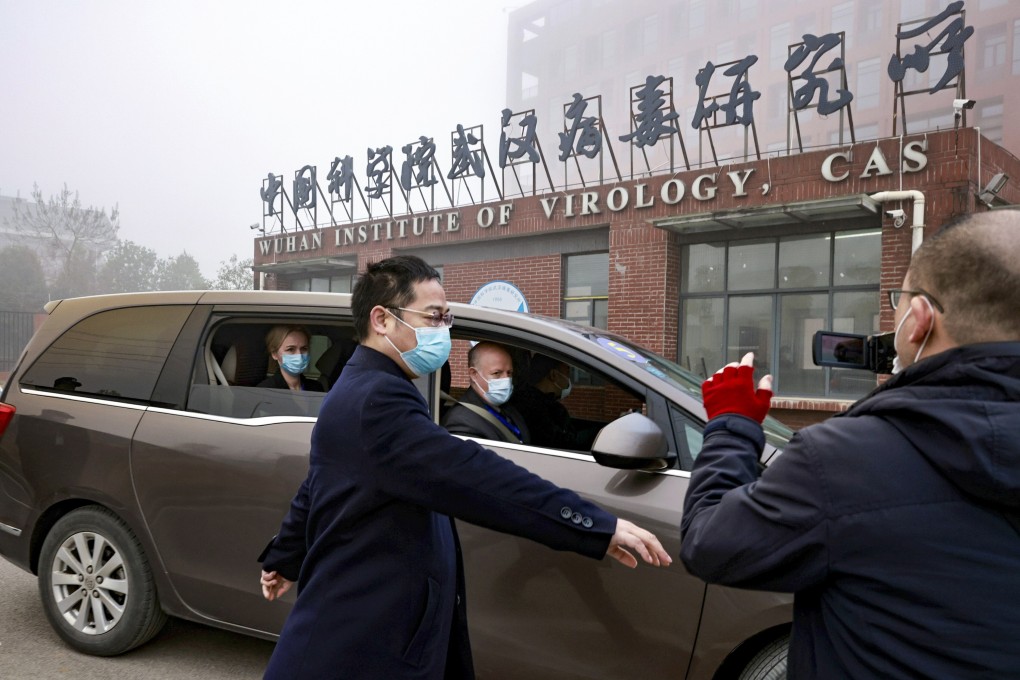China’s Covid origins snub shows limits to World Health Organization’s power
- Beijing rejected plans to further explore the ‘lab leak’ theory but the US and others pushed back when a WHO team said it did not need further investigation
- There is little the global health body can do if members refuse to cooperate and the latest snub may fuel impressions it is a ‘paper tiger’

WHO chief Tedros Adhanom Ghebreyesus last week announced five priorities for further research — but by far the most controversial was the last item on his list: “Audits of relevant laboratories and research institutions operating in the area of the initial human cases identified in December 2019”.
This proposal to investigate the “lab leak” hypothesis – that the virus may have escaped from a laboratory in Wuhan – prompted a flat-out rejection from China.
On Thursday, Zeng Yixin, the health vice-minister, described it as “disrespectful to common sense and contrary to science”. Zeng also said that the WHO had veered too far from the recommendations made after a mission to China earlier this year, which said the lab leak theory was highly unlikely and did not warrant further investigation.
However, the US and other countries have criticised that mission for being incomplete and compromised, with some researchers warning that the scientists had lacked access to key information such as hospital data, a realistic picture of the city’s wildlife trade and details of the viruses stored in Wuhan’s laboratories.
Tedros last week said the mission had faced a “challenge” in getting access to raw data and called on China to be “transparent, open and cooperate”. He also urged all WHO members to avoid “politicising” the scientific process.